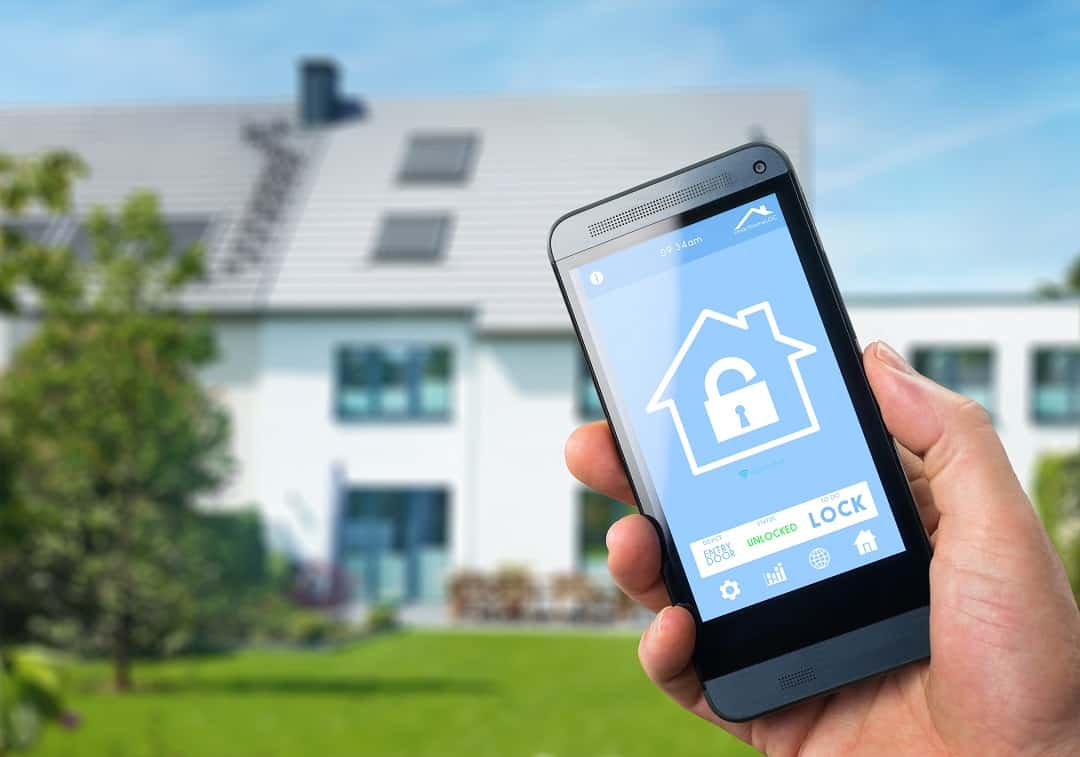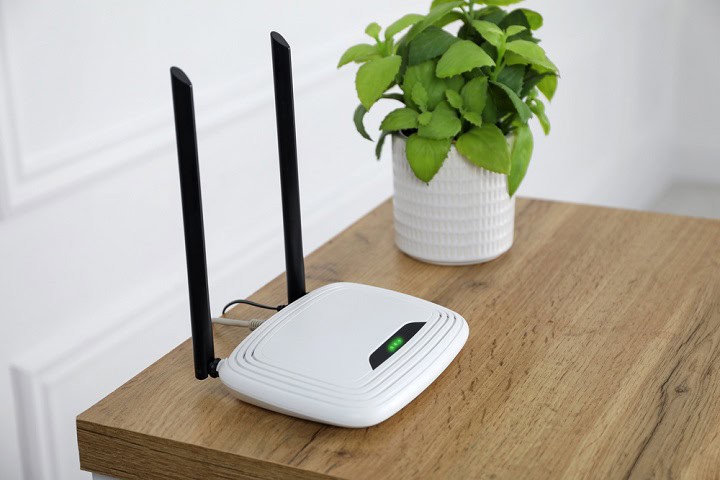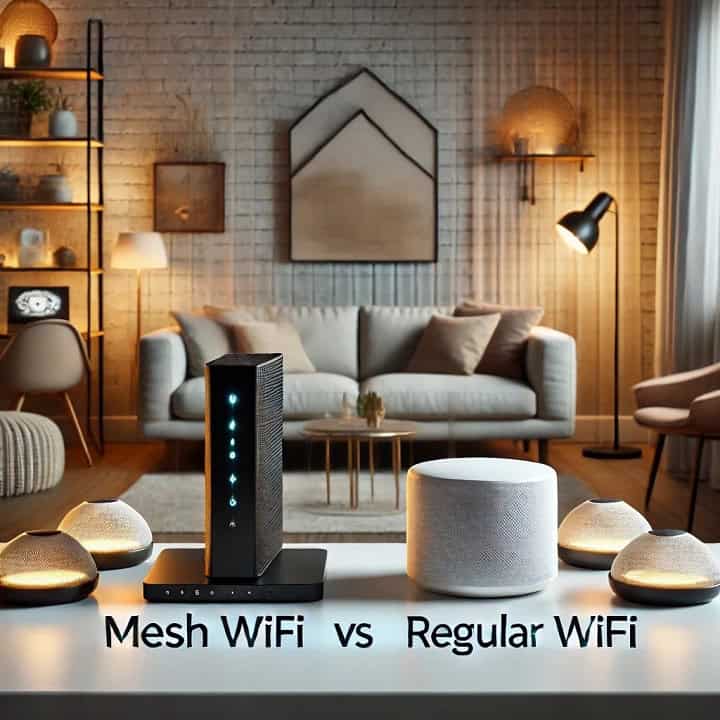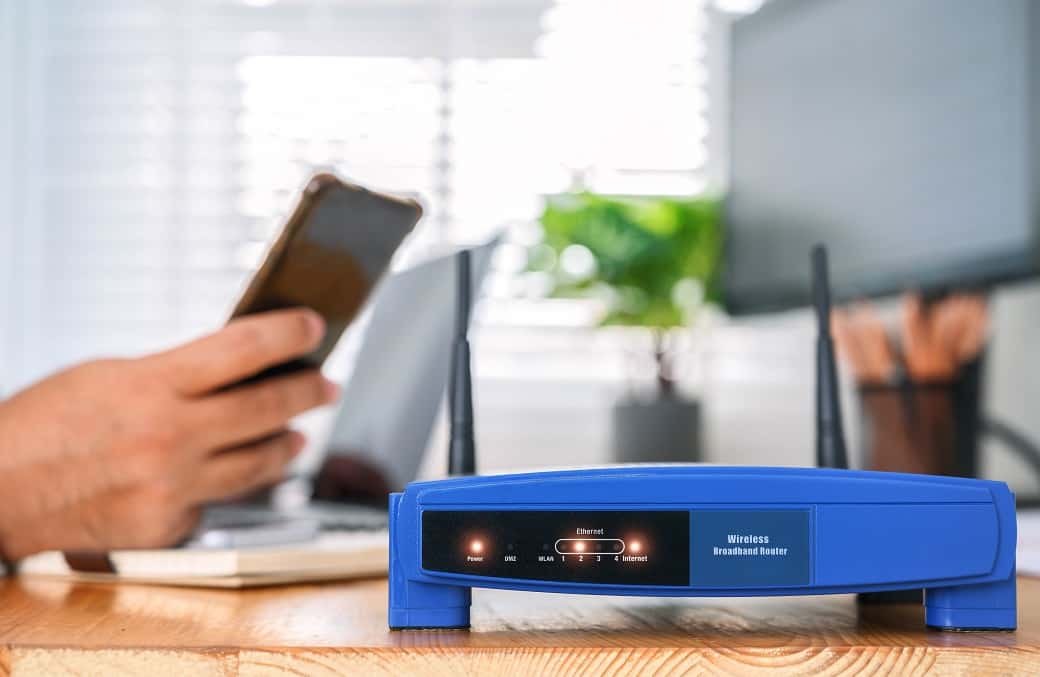Smart homes are becoming more common, but there are still many misconceptions about them. In this blog post, we will address some of the most prevalent myths surrounding smart homes. Reading this post, you will gain a better understanding of these myths and the realities of smart homes.
Common Smart Home Myths
Myth: Smart Homes are Only for Tech Experts
One common myth is that smart homes are only for tech experts. Many people think that setting up and maintaining smart home devices requires a deep understanding of technology.
In reality, most smart home products are designed to be user-friendly and can be set up with minimal technical knowledge. Many devices come with simple instructions and user-friendly apps that guide users through the setup process. Many devices can be set up with a smartphone app, which guides users through the process step-by-step.
Some more complex installations, like smart thermostats or security systems, might require a bit more time or professional help, but these are exceptions rather than the rule. Overall, the average person should be able to install and set up most smart home devices without much trouble.
Myth: Smart Home Devices are Too Expensive
One common myth about smart home devices is that they are too expensive. Many people believe that outfitting a home with smart technology requires a large financial investment. However, this is not necessarily true. Over the years, the cost of smart home devices has decreased significantly. There are now many affordable options available on the market, ranging from smart light bulbs to smart plugs.
While some systems and devices can be costly, homeowners can also start small by purchasing individual smart devices like a thermostat or light bulbs. Over time, they can add more components as their budget allows. Additionally, some smart home products can actually save money in the long run by improving energy efficiency and reducing utility bills. It is possible for homeowners to create a smart home environment without a large upfront investment.
Myth: Smart Home Devices are Not Reliable
Another widespread myth is that smart home devices are not reliable. Some people worry that these devices will not work as intended or will frequently malfunction. In reality, most smart home products are designed to be both reliable and user-friendly. Advances in technology have improved the performance and dependability of these devices. Regular software updates and robust customer support also help ensure that smart home systems function smoothly. It is important to research and choose reputable brands to minimize any potential issues.
Myth: Smart Home Devices are Not Secure
Another myth is that smart home devices are insecure. There is a belief that these devices are easily hacked and pose a security risk. While it is true that any internet-connected device can be vulnerable if not properly secured, smart home devices often come with security features such as encryption and regular software updates. Users can also enhance security by using strong passwords and keeping their devices updated. Also, being aware of what data is collected and how it is used by service providers can further enhance your privacy and security. By taking these precautions, smart home devices can be as secure as any other connected device in the home.
Myth: Smart Home Devices Need Internet to Function
Smart homes do not require constant internet access to function. Many smart home devices can operate on local networks or even independently. For instance, smart lights can often be controlled via Bluetooth, and security systems may still function with local storage. However, some features, like remote control via smartphone apps or cloud-based services, will need internet access. Overall, the level of dependency on the internet varies by device, your smart home setup, and its specific functions.
Myth: All Smart Devices Work Together
Smart home devices from different brands are not necessarily compatible. Many smart home devices use common communication protocols like Wi-Fi, Zigbee, or Z-Wave, which allow them to work together. However, compatibility can vary depending on the specific devices and brands involved. Some brands have their own ecosystems and apps, which may require additional steps to integrate with devices from other brands. Checking for compatibility and possibly using a central smart home hub can help in managing and connecting devices from different manufacturers.
In Summary
It’s clear that there are many misconceptions surrounding smart homes. Understanding the realities can help you make informed decisions about adding smart technology into your life. By debunking these myths, we see that smart homes are more accessible, secure, and beneficial than often believed. As technology continues to evolve, staying informed will allow you to take advantage of smart home systems to make your life easier.



